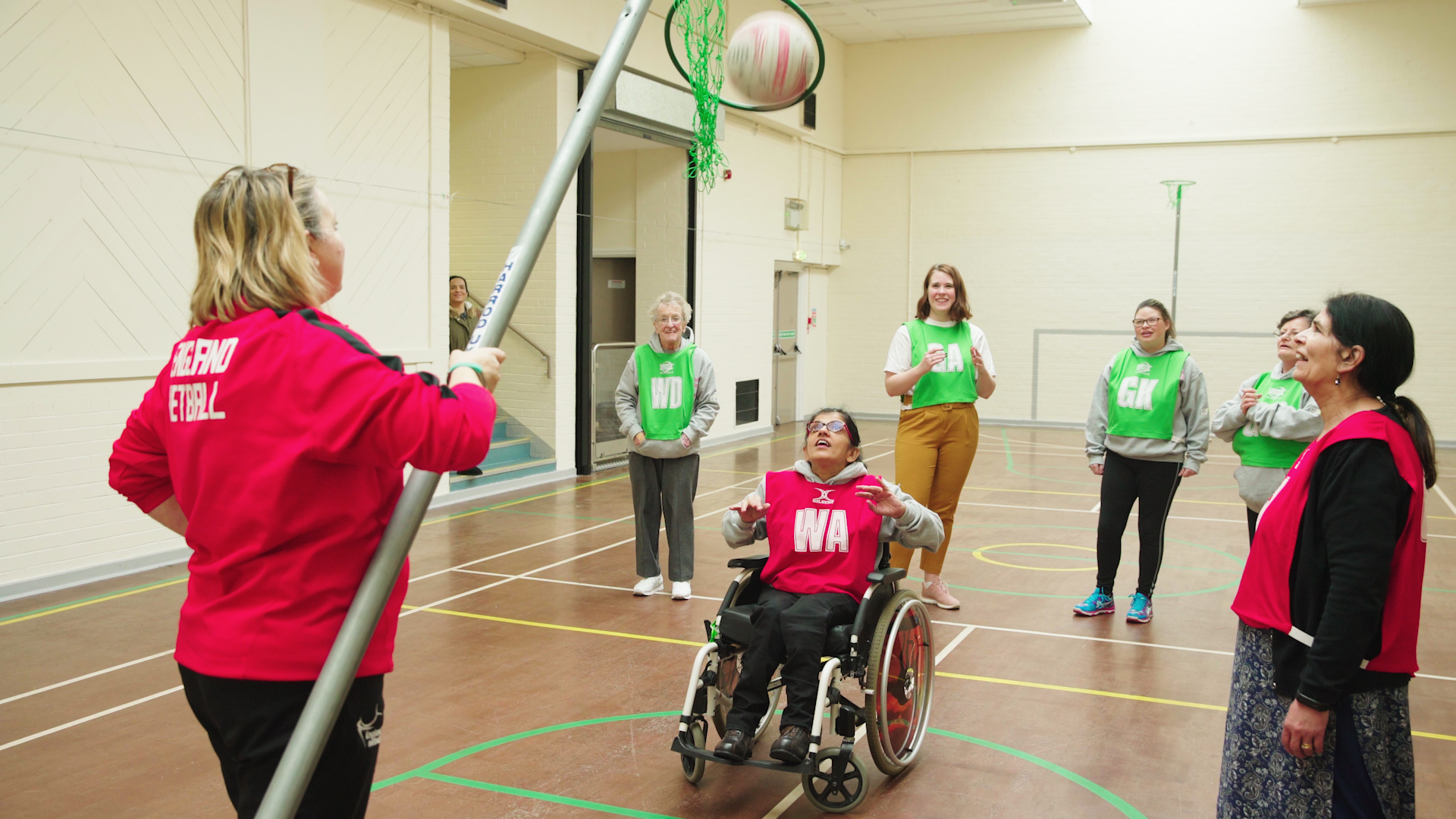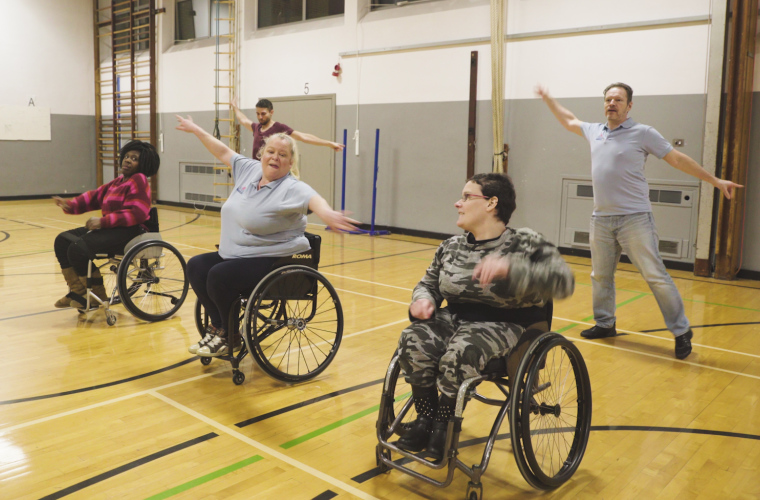
ACTIVITY ALLIANCE UNVEILS INCLUSIVE SPORT CAMPAIGN
July 19, 2019
In response to recent research exploringnon-disabled people’s attitudes on inclusive activity, the UK’s Activity Alliance launched its “Who says?” campaign on 15 July to promote inclusive sport.
Research findings show that a lack of understanding could be causing long-lasting barriers for disabled people, leading to inactivity. As the disabled community is the least active group in the UK, people’s attitudes can make or break activity experiences.
Barry Horne, Chief Executive for Activity Alliance, said: “Negative experiences should not be allowed to continually shape disabled people’s lives. This campaign aims to replace misconceptions with reality. If we truly want everybody to benefit from being active, then we need to call time on negative perceptions.”

The Who says? campaign empowers people, on and off the field of play, to challenge misconceptions of disability. The need for the campaign is clearly highlighted by some of the key findings from Activity Alliance’s research, including:
- Disabled people are twice as likely to be physically inactive as non-disabled people. Although we saw an increase recently, the number of active disabled people remains resistant to growth.
- The main barriers to being active are psychological, logistical and physical, with psychological the most influential. This is, disabled people’s personal impression of sport and non-disabled people’s attitudes about disabled people playing sport.
- Two thirds (64%) of disabled people would prefer to take part in sport with both disabled and non-disabled people, currently only half (51%) are doing so.
- Research shows almost half of disabled people fear losing their benefits if they are seen to be physically active.
- Only 14% of non-disabled people are aware of having previously taken part in sport with disabled people. But three quarters (73%) of non-disabled people were open to the idea.

To kick it off, six films challenging six findings from the research were released to provide upbeat insights featuring a mixture of disabled and non-disabled people. They share their own experiences and feelings on these six statements:
- It’s not a real sport if you have to adapt it
- Disabled people aren’t competitive
- Watch what you say around disabled people
- Disabled people don’t want to join in
- Disabled people might get hurt
- Everyone can’t take part together
Adam Blaze, Sport England’s Strategic Lead for Disability, said: “We are delighted to see the launch of the Who Says campaign which will challenge negative-perceptions disabled people face when getting active while encouraging people of all abilities to get active together. Views that disabled people don’t want to join in, might get hurt or that everyone can’t take part together are just some of the perceptions that prevent disabled people from being active.”